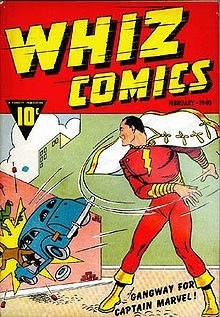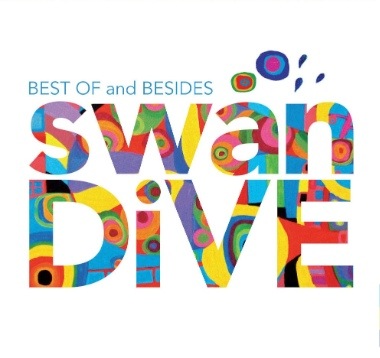In the suit against HTC, Apple’s listed infringing phones include HD2, Touch Pro2, Tilt2, Imagio, Pure and Touch Diamond. These all run Windows Mobile and not Android. HTC shipped 80% of the Windows Mobile units in the field, a far larger volume than Android so it stands to reason that the law suit is as much targeting Windows Mobile as Android.
In 2006 Microsoft announced that their partners/OEMs/Operators will get indemnification on IP suits regarding their OS. It’s not a sure thing that Apple’s patents cover any part of the Windows Mobile stack–vs. whatever parts HTC layered on top. However, there is a high probability that Microsoft will join Google in HTC’s defense.
I should also point out that the media’s emphasis on Google as the exclusive target of the suit is sensationalistic. Focusing on Google possibly misses a hidden agenda.
Namely that Apple is attacking the hub of the modular approach to mobile computing while largely leaving the integrated vendors like Palm and RIM alone (the dispute with Nokia is over license terms for GSM patents and not yet about UI patents).
Therefore it’s entirely likely that HTC was singled out to disrupt the business logic of modular mobile software. HTC is the pioneer and the hub as the largest licensee for both WinMo/WinP and Android and the inspiration for hundreds of OEM/ODMs to make modular products.
HTC’s defense will be complicated and difficult due to these dependencies. Legal risk weighs heavily on large corporations, especially when the payoff is marginal at best. Other vendors looking at this licensing model might think harder about participating, and that may be the whole point.




